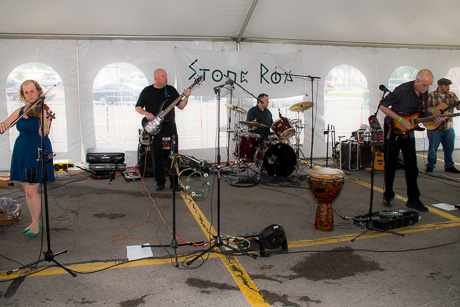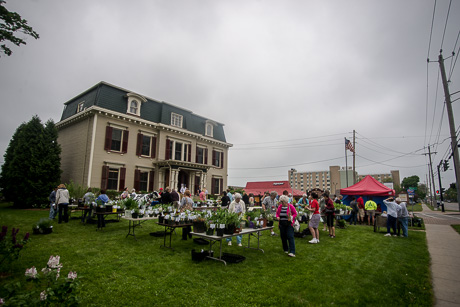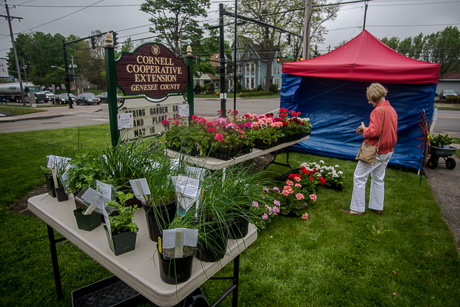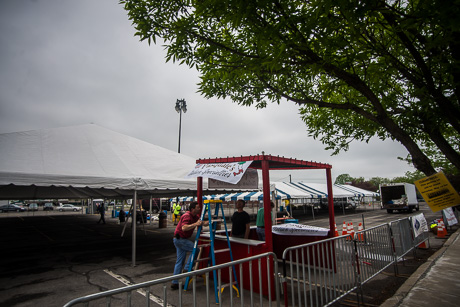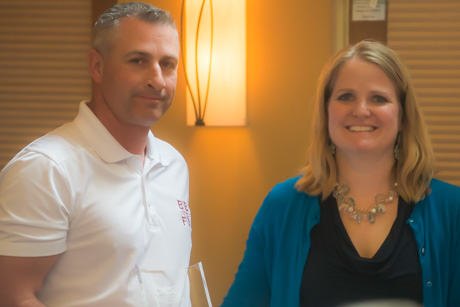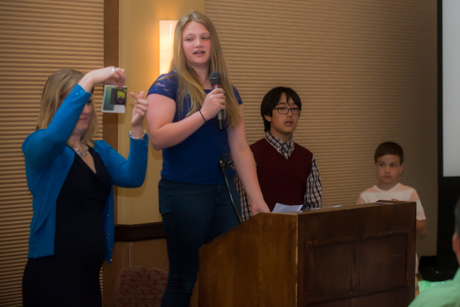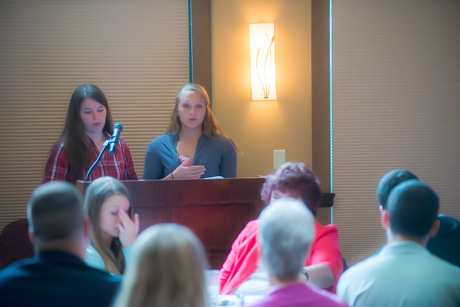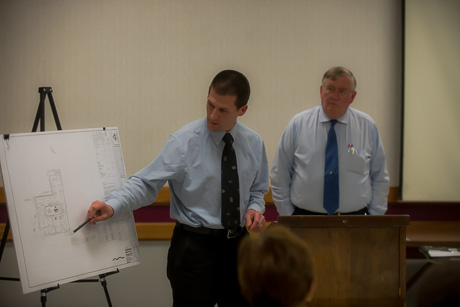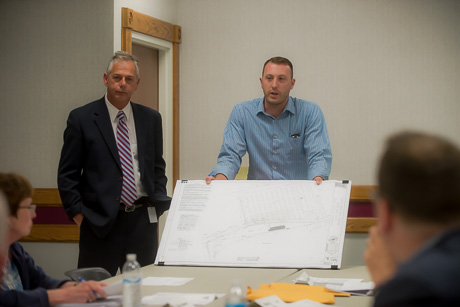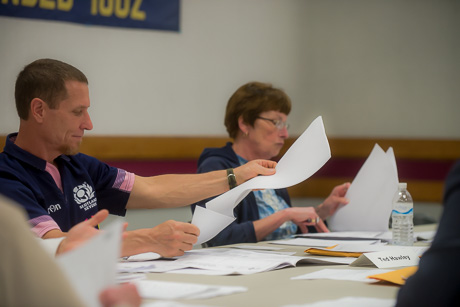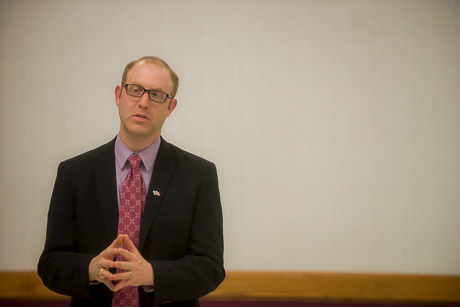Any city residents who are concerned about rooming houses opening in their neighborhoods need not worry much longer.
The city is working on a change to the zoning law that would prohibit new rooming houses, boarding houses, lodging houses, tourist homes and tourist camps inside of R-2 districts.
The change would also prohibit future development of such facilities in C-1, C-2 and C-3 districts.
There are currently 10 rooming houses in the city with a total of 80 available rooms.
"At this point, we think we're saturated with an adequate amount of rooming houses and boarding houses in the city and this provides the ability to limit expansion," said City Manager Jason Molino. "The existing ones will continue to stay in place. They will continue to be regulated and reviewed and permitted every year, as they should be, but this will limit the expansion."
Molino presented the proposed change to the zoning ordinance to the Genesee County Planning Board, just one step in the process of making the change in the zoning law. The board unanimously recommended approval of the proposal.
The current codes governing rooming and boarding houses and multiple-family dwellings in the city are inconsistent with the city's master plan and strategic plan, Molino told the board.
Numerous studies, he said, have shown that rooming houses, in particular, and multi-family dwellings, intermingled in otherwise single-family neighborhoods, bring down property values and encourage the deterioration of whole blocks.
Such uses are also inconsistent with economic development in commercial districts.
This is an issue the city has been looking at for some time, Molino said, but officials became more aware of the need to tighten up the code after local property owner and investor Terry Platt purchased a large home on East Main Street and announced plans to convert it into a rooming house. The city's planning board denied Platt his application for the use, responding to concerns raised by neighbors and other residents; however, Platt challenged the ruling court and eventually prevailed and was able to convert the property into a rooming house.
"That certainly opened everybody's eyes to the potential of where these rooming houses could be located," Molino said. "It has a lot of impact that people perceive as being negative if rooming houses open in certain areas, so that certainly opened our eyes to the inconsistencies in the code."
The proposed zoning change could be perceived as inconsistent with a couple of emerging trends in American society.
First, is the seeming interest of Millennials to avoid home ownership and find suitable places to rent in cities. The second is a trend among some homeowners to use services such as Airbnb to rent rooms to travelers.
On the first point, Molino said he doesn't think Millennials are looking for the kind of rentals this zoning change would curtail.
"They're looking for a little more secure housing, generally, furnished housing, not shared common bathrooms, in areas that are close to amenities and part of a development," Molino said. "There's a disparity in the housing qualities when you start talking about Millennials and the population of empty-nesters who are looking to downsize. They're generally not looking to downsize into rooming houses."
While services such as Airbnb are growing in popularity -- there are even two houses available for guest lodging in Genesee County -- it hasn't been an issue in the city yet, Molino said. The proposed zoning change isn't really meant to address such services, but if it ever became an issue here, Batavia, like any city, would need to study the issue and find the most balanced solution available.
"You've got to look at what comes with it," Molino said. "Are there negative effects? Are there positive effects? Is it similar to a bed and breakfast or not? What comes with that activity? I think what most communities will start dealing with is, what are the positive and negative effects that come with the activity and do they balance each other house, and if not, what revisions of code or enforcement mechanisms do they want to put in place to balance it out."
The proposed zoning change will need to be go through a public hearing and be approved by City Council before becoming law.







